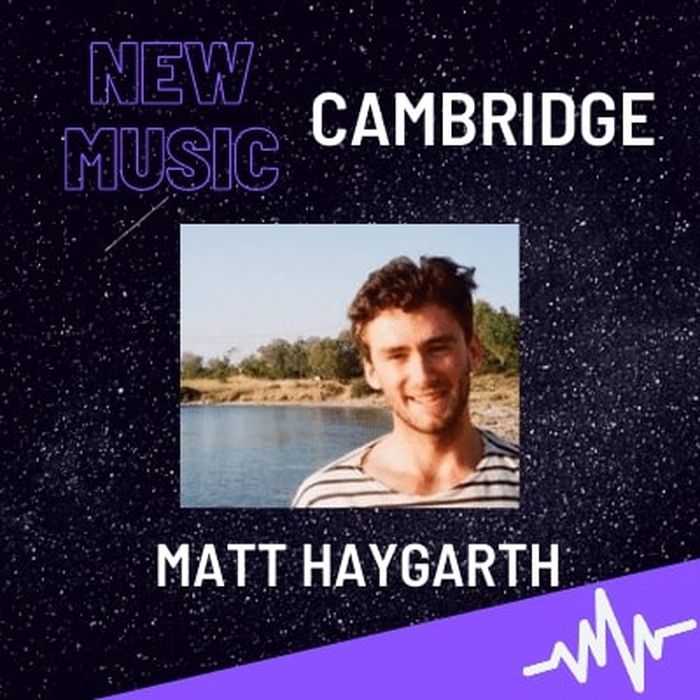Finding Comfort in Film Music
Mia Willows reminisces over the therapeutic power of film music and its reassuring presence in her life.

The music in a film helps us know when to be sad, when to be happy, and when something is lurking around the corner. Very often, the score will play underneath the action in a film, and whilst we listen blindly, the music works away behind the scenes to loyally enhance what we are watching on the screen. We might not connect too deeply with the music of most films we watch, but the scores of our favourite films can provide a sanctuary that we can return to when needed.
For those films we acquire a deep personal love for, our relationship with the soundtrack is often intimate, unique and irreplaceable. In my experience, I find myself attaching particular memories of watching the film and a strong sense of nostalgia to the music, thinking back to the love I have for that particular film or franchise. I would argue that for me, film music is the most emotionally potent auditory drug I can take.
"Listening to the soundtrack of a film on my record player or Spotify, I lie back and enjoy as the memories and nostalgia take hold and I slip away from the real world."
Listening to the soundtrack of a film on my record player or Spotify, I lie back and enjoy as the memories and nostalgia take hold and I slip away from the real world. This has become particularly handy during self-isolation at University. One click of a button and I am no longer watching the river of time go by, instead I’m enjoying the bank of memories that the music unlocks.
One soundtrack that I particularly enjoy is Studio Ghibli’s ‘Nausicaä of the Valley of the Wind’, composed by Joe Hisaishi. It is an undeniably beautiful score. Hisaishi demonstrates the true capacity of a film score, manifesting the film’s depiction of war between the natural and the mechanical with his amalgamation of synth instruments and classical orchestration. You begin listening to a lilting string melody, and quickly find that the symphony orchestra has been joined by synths and electronic timbres. The instrumentation thoughtfully assists in alleviating the message of Miyazaki’s film, culminating in the bittersweet lullaby ‘Nausicaä Requiem’.
This soundtrack is certainly a favourite of mine and not simply because it is so gorgeous. I have memories attached to this film which are reawakened when I listen to the score. In particular, I have one memory of watching it with my partner and falling asleep beside him. In self-isolation, where I have been unable to spend time with him, I have found that listening to the music of ‘Nausicaä’ is a gentle way of re-experiencing this memory with him and easing the numbing feelings of loneliness. Moreover, I know the plot well, and have re-watched the film many times. Listening to the soundtrack takes me back to this story that I know inside out - a welcome respite from the chaotic uncertainty of the real world.
Another soundtrack I love, albeit in a somewhat different way, is that of ‘Star Wars.’ The music is instantly recognisable, used across the franchise and arguably one of the most defining aspects of the Star Wars universe. The composer, John Williams, is one of the best known film composers, having written the music for ‘Indiana Jones’, ‘Jurassic Park’, ‘Jaws’ and many more iconic movies. I love the Star Wars films, and I adore the music. The score uses the concept of ‘leitmotif’, where musical themes are associated with particular objects, events, characters or emotions - and the score is therefore profoundly intertwined with the films. The music itself is varied and complex, with Williams utilising a large symphony orchestra and choir. This creates the grand and monumental soundtracks that we know so well today.
For me, listening to ‘Star Wars’ is not so much about particular memories that I may have associated with the film and the music - instead, I enjoy its nostalgia. Listening to ‘Princess Leia’s Theme’ from ‘A New Hope’ reminds me of my childhood obsession with Star Wars and my (quite understandable) crush on Harrison Ford’s Han Solo. In a Cambridge work schedule where it is often impractical to re-watch a trilogy of films, I can instead listen to the soundtrack whilst writing an essay and find some comfort in the majestic picture that Williams paints.
Film music is so often underrated, seen as a secondary aspect to the visual component of a film. However, as someone who has rediscovered childhood memories and comforting feelings of nostalgia through listening to the soundtracks of my favourite films, I can assure you that it is a worthwhile way to pass the time, and writing a supervision essay with ‘The Imperial March’ playing in the background is an unmissable experience.
 News / Clare Hall spent over £500k opposing busway 24 December 2025
News / Clare Hall spent over £500k opposing busway 24 December 2025 News / Caius mourns its tree-mendous loss23 December 2025
News / Caius mourns its tree-mendous loss23 December 2025 Comment / The ‘class’ of Cambridge24 December 2025
Comment / The ‘class’ of Cambridge24 December 2025 Comment / Yes, I’m brown – but I have more important things to say22 December 2025
Comment / Yes, I’m brown – but I have more important things to say22 December 2025 Interviews / Politics, your own way: Tilly Middlehurst on speaking out21 December 2025
Interviews / Politics, your own way: Tilly Middlehurst on speaking out21 December 2025










